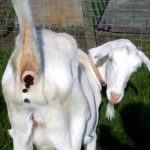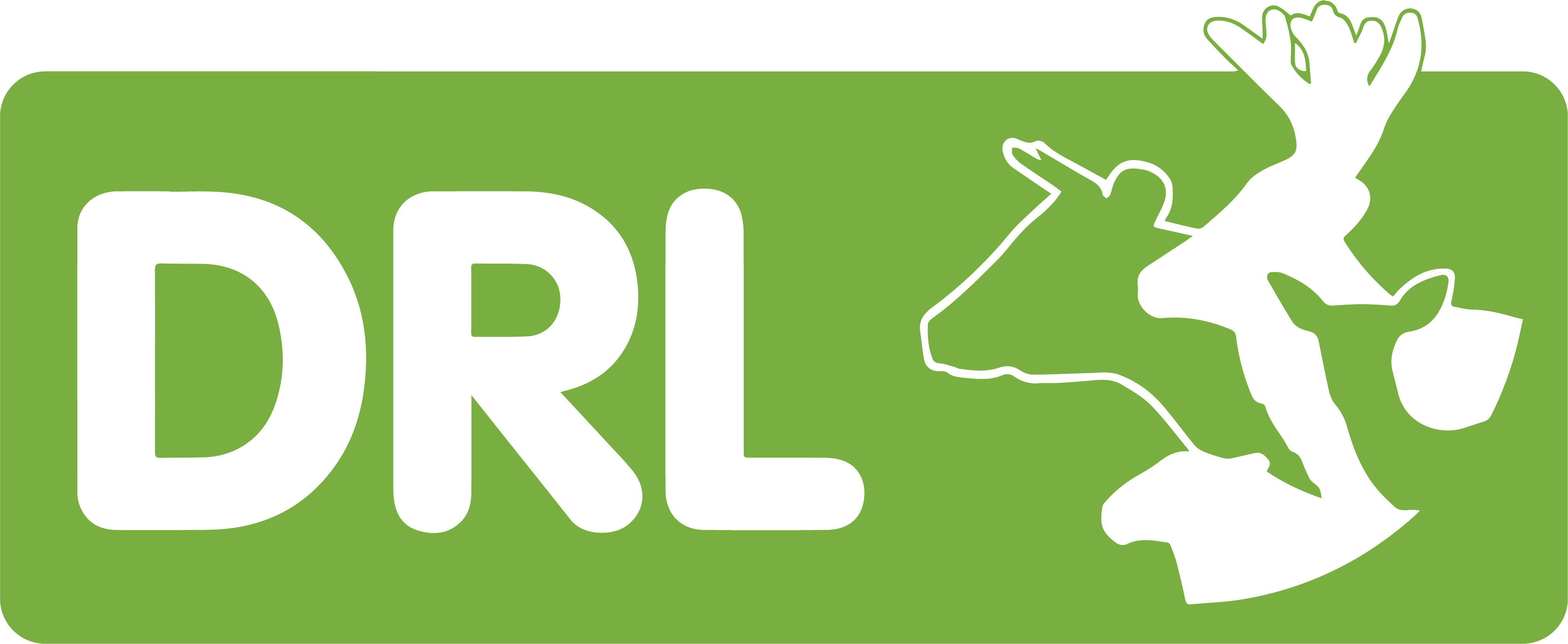For the month of AUGUST, we are offering members of the NZDGBA located in the North Island an opportunity to avail of a pooled faecal PCR test for Johne’s disease free of charge.
A pooled poo test allows you to quickly assess whether the MAP bacteria which cause Johne’s disease are being shed in the faeces of your older and lighter animals and a negative test result provides assurance that the risk of Johne’s disease in the herd is low. Because we want farmers to better engage with Johne’s testing, we are offering a single, pooled faecal PCR test to members of the NZDGBA in the North Island, free of charge (normal price $50) throughout the month of AUGUST.
This offer will allow NZDGBA members to submit dung samples from each of (up to) 10 individual goats to DRL for pooled testing. We will test the pooled sample for the presence MAP bacteria and advise you of the result. Fill out the sample submission form, select pooled faecal PCR and add a note in the comments box that you are a North Island member of the NZDGBA. Please enclose a copy of the submission form along with your samples so that we know where they’ve come from and then courier your samples to –
DRL (Disease Research Ltd),
C/- AgResearch,
Invermay Agricultural Centre,
176 Puddle Alley, Mosgiel, Dunedin.
It’s as easy as that.
What does it mean if my result is positive?
A positive test result means that evidence of the MAP bacteria which cause Johne’s disease was detected in the pooled sample. This suggests the presence of Johne’s disease within the herd. It is possible to retest each of the individual samples comprising the pooled sample to determine the Johne’s status of each individual animal. Talk to your vet about ongoing Johne’s management or undertaking additional Johne’s testing and control. Because this DNA based test is considered 100% specific, there’s very little risk of a false positive result.
What does it mean if my result is negative?
A negative result means that evidence of the MAP bacteria which cause Johne’s disease was not detected in the pooled sample. While this does not mean that the whole herd is necessarily Johne’s free, it’s a very good indication and a big step towards that goal.
How do I collect faecal samples from my goats to submit for laboratory testing?
- All we need is 5-10g of dung (about a tablespoon) from each individual, cleanly pottled and labelled (while we can work with less, this is what we ask you to aim for when taking a sample).

- Target older and lighter goats and, in a dairy situation, the lowest producers. Avoid including younger animals (less than 18 months of age) in the pool as they are unlikely to be MAP shedders.
- Dung samples freshly deposited on the ground are perfectly fine as long they can be unambiguously linked to their donor and land on an otherwise clean surface.
- The most important thing to remember when collecting and sending samples is to avoid any chance of cross-contaminating the samples from different individuals. Tightly closed, plastic sample pottles work well (we can forward these on request; ziplock bags or similar have been known to fail quite catastrophically in the past…). Always be sure to change gloves between each individual and don’t forget to label the pottle with the donor’s name.
- For pooled testing, send individual samples as we will carry out the pooling here; that way we can easily retest individuals from positive pools as required. If a pool is positive, we will contact you concerning your preference for individual sample re-testing.
- Watch Dr Sandra Baxendell, goatvetoz, demonstrate proper technique for collecting faecal samples from a goat for laboratory testing here.
- Send in the collected samples in a courier bag without delay. Got questions? email drl@drl.net.nz or just give us a call at 03 4894832.
Some Ts and Cs –
- This offer is limited to members of the NZDGBA located in the North Island and applies to samples received by the lab. for pooled testing during the month of August.
- Max. 10 individual dung samples per property/owner (if you want to test more, or a greater proportion of your herd, please call to discuss).
- Samples must be cleanly pottled and labelled (no gloves or plastic bags please).
- Any and all sample collection and transport costs are the responsibility of the test submitter.
- Samples must be accompanied by a completed submission form. Test results will be advised solely to the test submitter.
